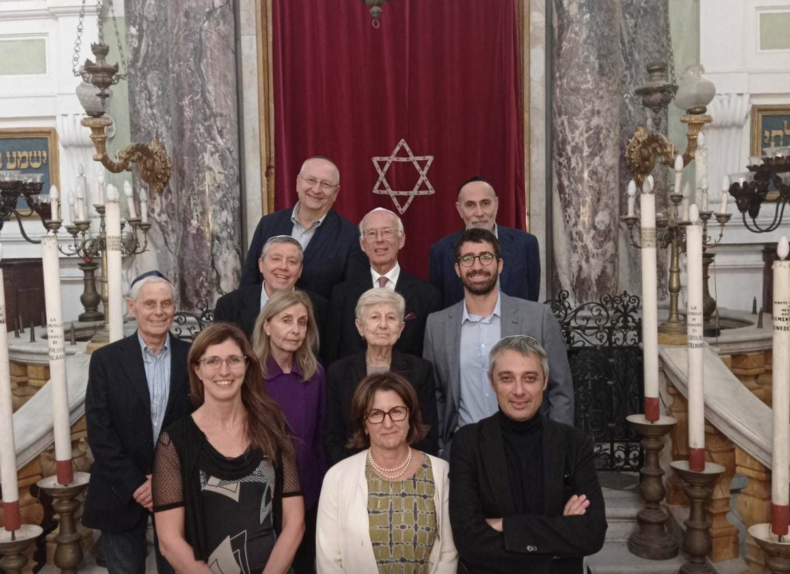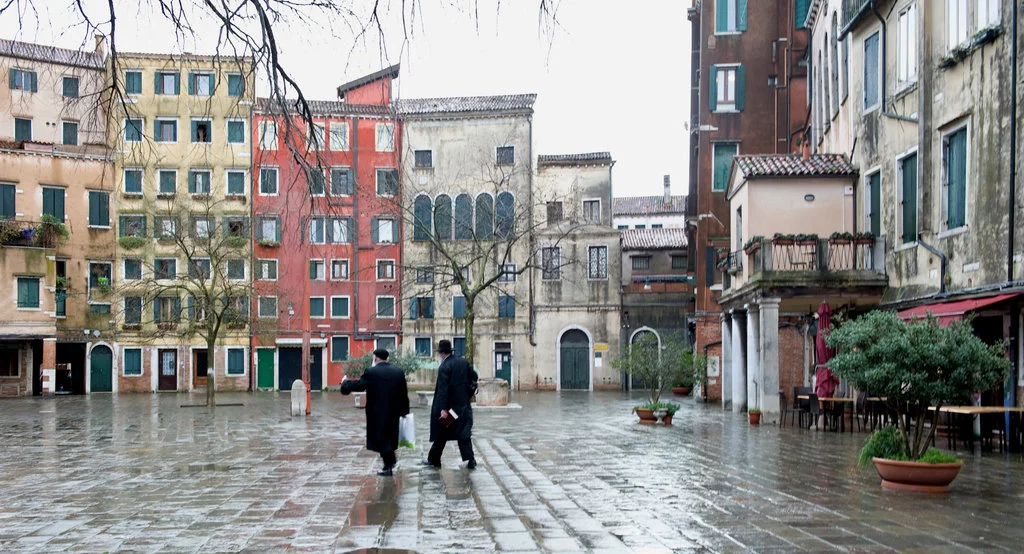
Jewish culture in Italy has deep roots and a rich history stretching back over two millennia. Italy is home to one of the oldest Jewish communities in Europe, where Jews have made significant contributions to the cultural, economic and social development of the country. Over time, Jewish culture in Italy absorbed elements of Italian culture, creating a unique synthesis of tradition and innovation.
Jews in Italy: ancient roots and modern heritage
The history of the Jewish presence in Italy dates back to ancient Roman times. Already in the 1st century BC, Jewish communities existed in large cities such as Rome and Naples. Jews actively participated in trade and crafts, contributing to the economy of the Roman Empire. They also created their own schools and synagogues, which became centers of religious and cultural life.
The Middle Ages were a difficult period for the Jewish community in Italy. Despite persecution and persecution, Jews continued to make contributions to science, medicine, and the arts. This period saw the emergence of many prominent Jewish thinkers, such as Rabbi Ovadia ben Abraham Bartenura and David Pardo, who wrote in Hebrew and Arabic and also contributed to the translation of scientific texts into Latin.
The Renaissance brought with it a new flowering of Jewish culture in Italy. Jews actively participated in humanist movements, which led to cultural and intellectual exchange between Jewish and Italian scholars. During this period, Jewish printers began publishing books in Hebrew, which contributed to the development of literature and science. In major cities such as Venice and Florence, Jewish communities flourished, establishing schools, hospitals, and charities.
However, from the 17th century, the situation of Jews in Italy began to deteriorate. The Venetian ghetto, founded in 1516, became a symbol of the isolation and restrictions imposed on the Jewish community. Despite these difficulties, Jews continued to preserve their traditions and culture. They created communities where religious customs, holidays and language were preserved.

The 19th and 20th centuries brought significant changes to the life of the Jewish community in Italy. With the unification of Italy in 1861, Jews received civil rights, allowing them to integrate into the social and political life of the country. However, the horrors of the Holocaust left a deep mark on the history of the Jewish community. Despite the losses, the Jews of Italy managed to rebuild their communities and continued to contribute to the development of culture and science.
Today, Jewish culture in Italy remains vibrant and dynamic. Jewish communities continue to actively participate in the cultural and social life of the country, preserving their traditions and customs. Italy hosts many cultural events, exhibitions and festivals dedicated to Jewish culture. Synagogues and Jewish museums are open to the public, offering everyone an insight into the rich history and heritage of the Jewish people in Italy.
Thus, Jewish culture in Italy is a unique phenomenon, combining ancient traditions and modernity. She is an integral part of Italian history and culture, making a significant contribution to their development.
Cultural Jewish landmarks in Italy
Italy, with its rich history and diverse cultural heritage, is home to numerous Jewish sites, each of which tells its own unique story and demonstrates the Jewish community’s contribution to the country.
Great Synagogue in Rome
The Great Synagogue in Rome is one of the most impressive buildings of the Jewish community in Italy. Built at the beginning of the 20th century, this synagogue is a symbol of religious freedom and the revival of Jewish life in Rome after the unification of Italy. Inside the synagogue is the Jewish Museum of Rome, where you can see collections of religious artifacts, ancient documents and objects of Jewish culture.
Venetian Ghetto
The Venice Ghetto, founded in 1516, is the oldest ghetto in the world. Today, this historical site attracts tourists from all over the world with its synagogues, Jewish museums and unique atmosphere. There are five historic synagogues here, each reflecting the different traditions and customs of the Jewish communities that settled in Venice.

Jewish Museum in Florence
The Jewish Museum in Florence is housed in a magnificent 19th-century synagogue. The museum is a unique collection of religious objects, documents and works of art that tell the history and culture of the Jewish community of Florence. The museum’s exhibitions span the period from the Middle Ages to the present, demonstrating the contribution of Jews to the development of the city and region.
Synagogue in Siena
The Siena Synagogue, built in 1786, is an important religious and cultural center. This is one of the few buildings that has retained its original architecture and interior. The synagogue is actively used by the Jewish community and is open to tourists, providing a unique opportunity to learn about the history of Jews in the region.
Jewish festivals and events
Italy is also known for its Jewish festivals and cultural events, which take place in different cities of the country. Among them are the Venice Jewish Culture Festival and the Rome Jewish Film Festival. These events provide a unique opportunity to immerse yourself in Jewish culture, learn about its traditions and enjoy the rich heritage of the Italian Jewish community.
Jewish sites in Italy are an important part of the country’s cultural landscape, offering unique historical and cultural experiences for tourists and locals.
